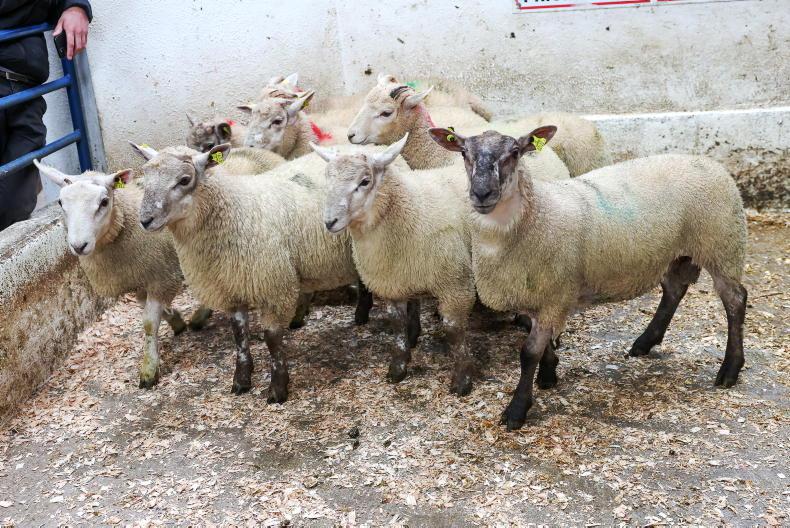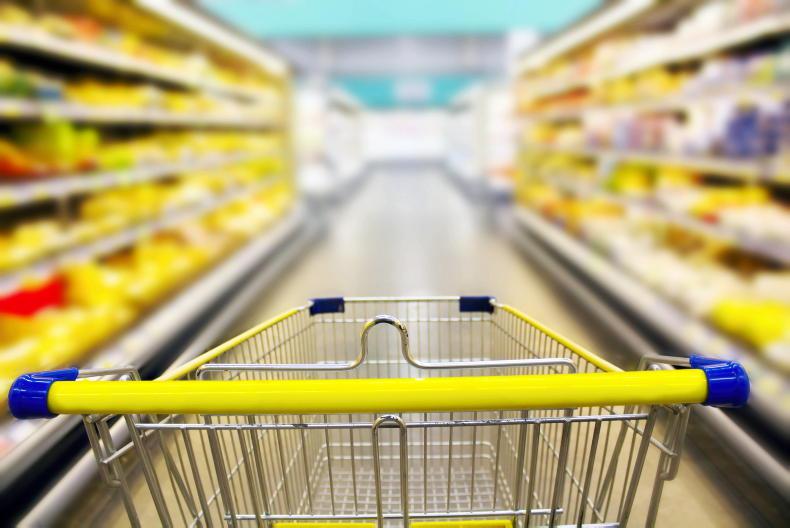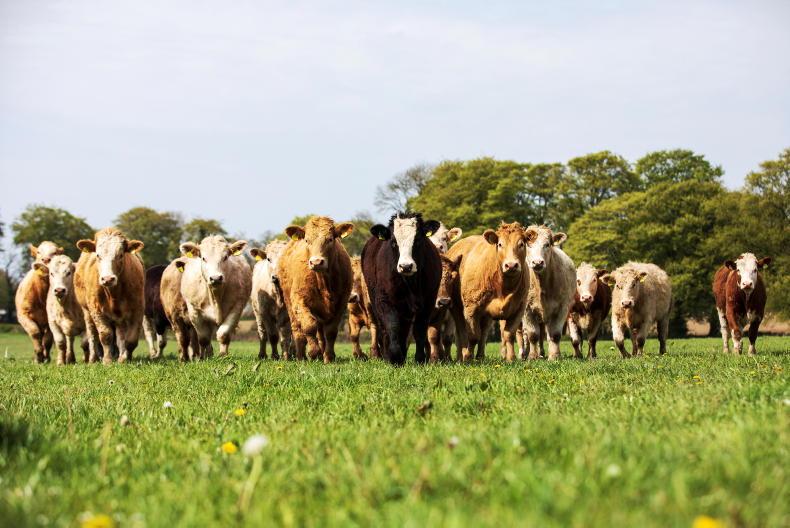A perceived overexposure to the Chinese market has focused the attention of the agri-food sector in New Zealand on securing trade deals with both the UK and the EU.
KPMG global head of agribusiness Ian Proudfoot said over 40% of the sector's exports were destined for China.
“We know what happens in this country when we're overexposed to a country.
“We still remember 1973 and the impacts when UK and Ireland joined the common market as it was then, and the devastation that caused to our primary sector,” Proudfoot told an Irish Farmers Journal webinar.
Reset
“What we did after that was we reset. We dropped subsidies, we looked at where market opportunities lie and focused on that. We've always therefore benefited from having market optionality.”
He said New Zealand’s nearest neighbour Australia has seen its barley and wine sectors shut out of the Chinese market due to political disagreements.
“Your market access into China is only as good as your current political situation, so I think we're now very focused on where does market optionality come from.
“Our trade minister is about to fly to Europe and particularly to the UK. We need to get the FTA [Free Trade Agreement] into the UK and we will hopefully be selling a lot more milk in there in the not too distant future,” Proudfoot said.
Trade deals
A deal between the UK and New Zealand would signal much greater competition for Irish produce.
While Ireland has reduced its reliance on the UK market due to Brexit, it remains the single-largest destination for Irish agri-food products.
Ornua director of corporate affairs Anne Randles said the company had been diversifying its portfolio.
“We have been looking further afield and focusing a lot in particular on our other markets of Germany and the US, as well as newer markets maybe where we wouldn't have an extensive presence, for example North America or the Middle East,” Randles said.
Markets
She stressed the UK would remain an important market, as there isn't a single market able to replace the volume of product exported to the UK.
“Market diversification takes time - it's not something that will be created overnight.
“I sense then that the UK is going to remain a key market for the company and for the foreseeable future,” she said.










SHARING OPTIONS